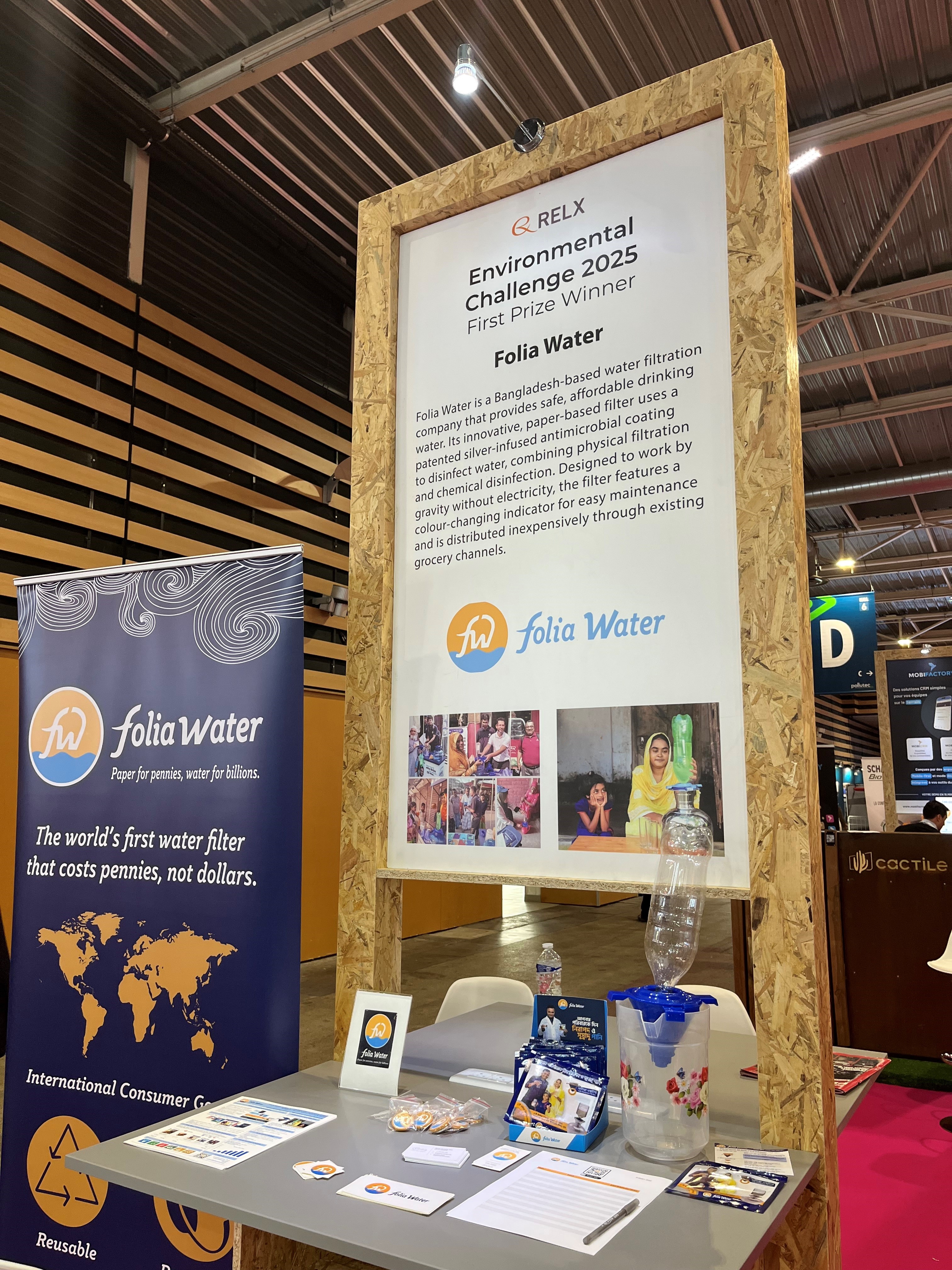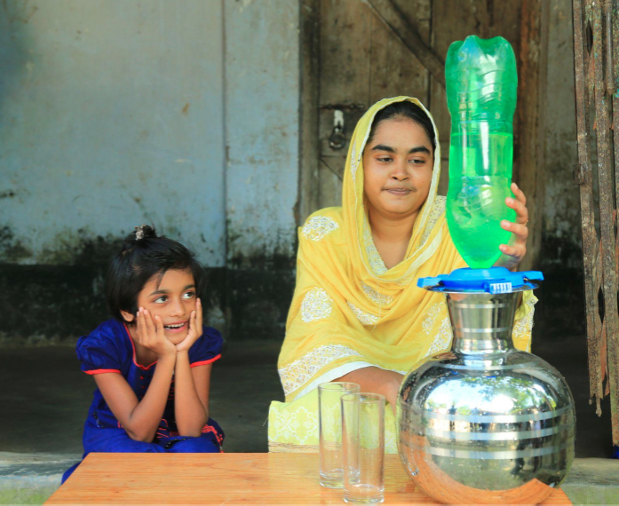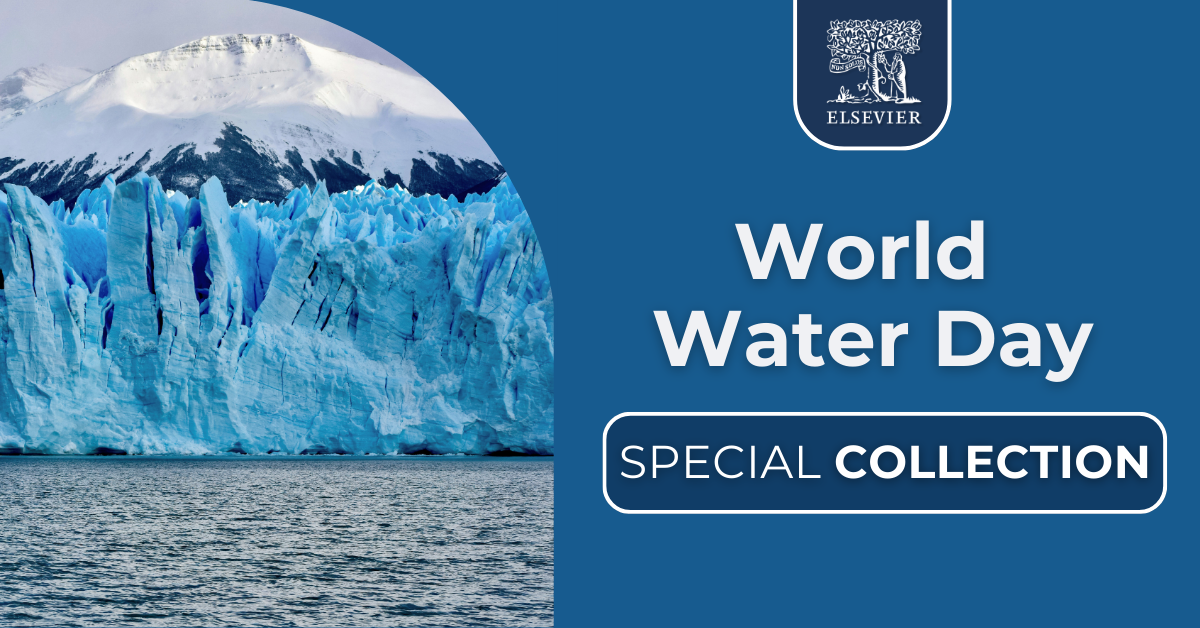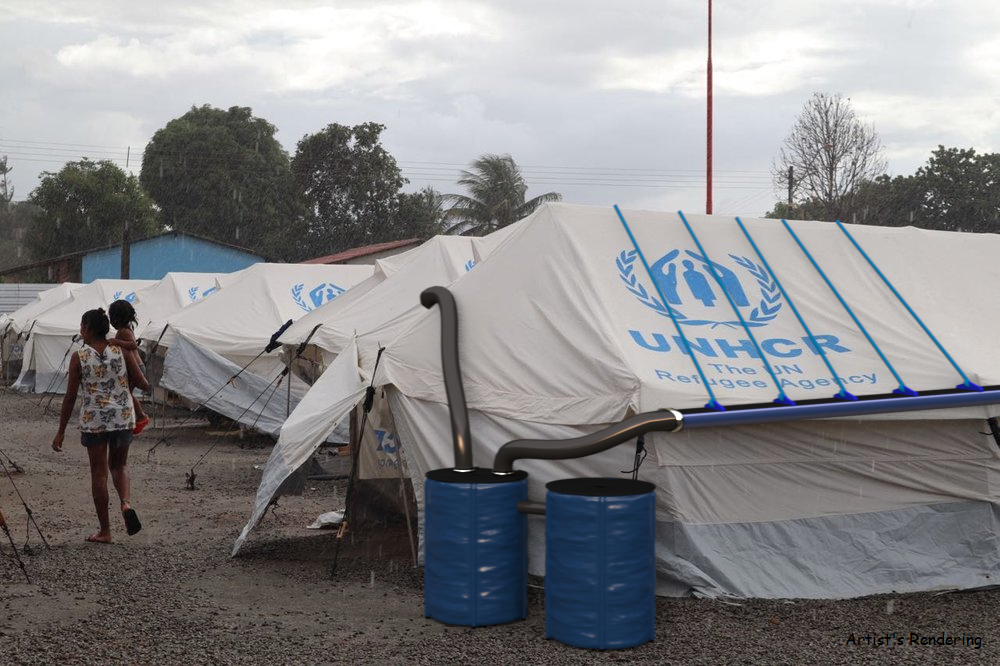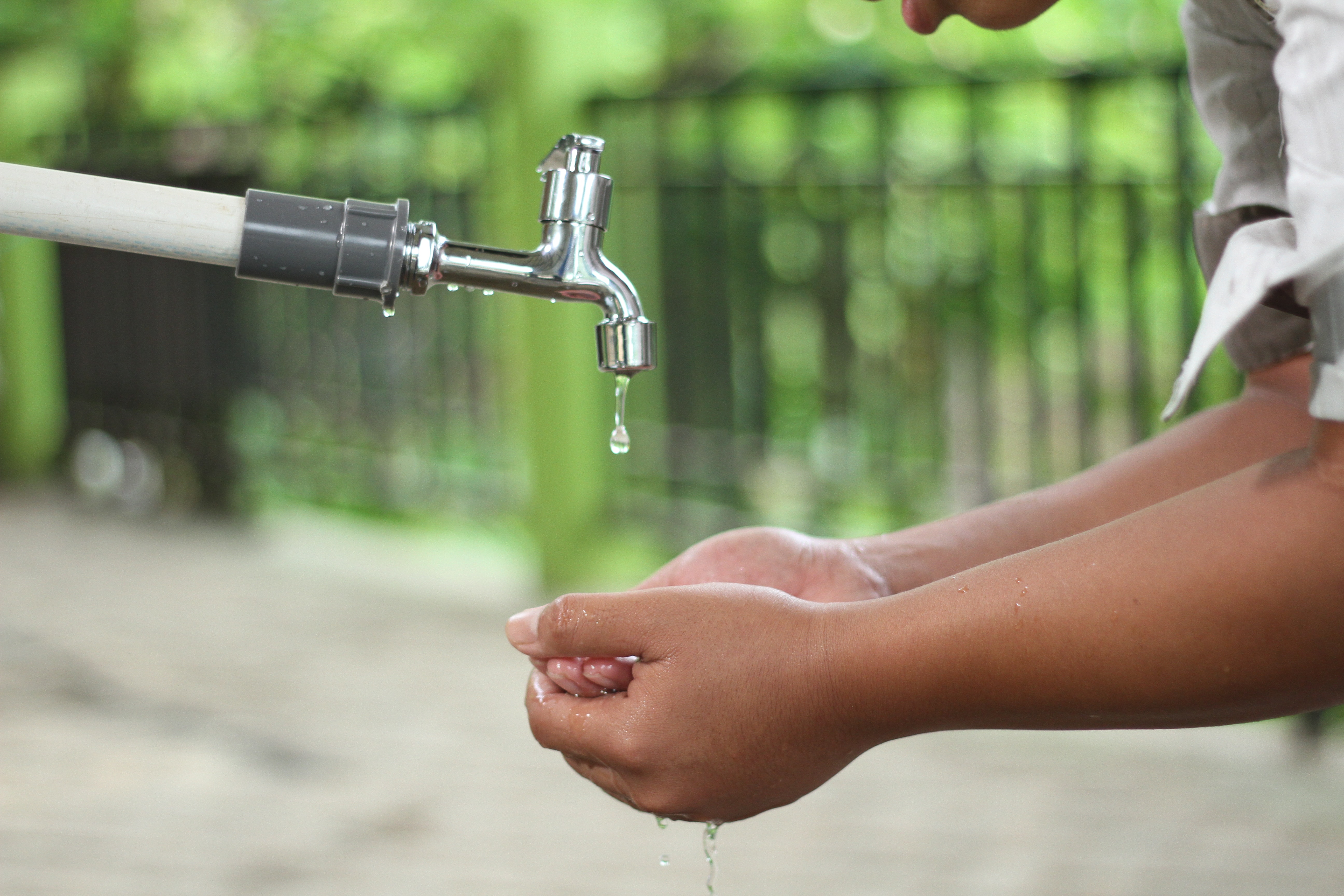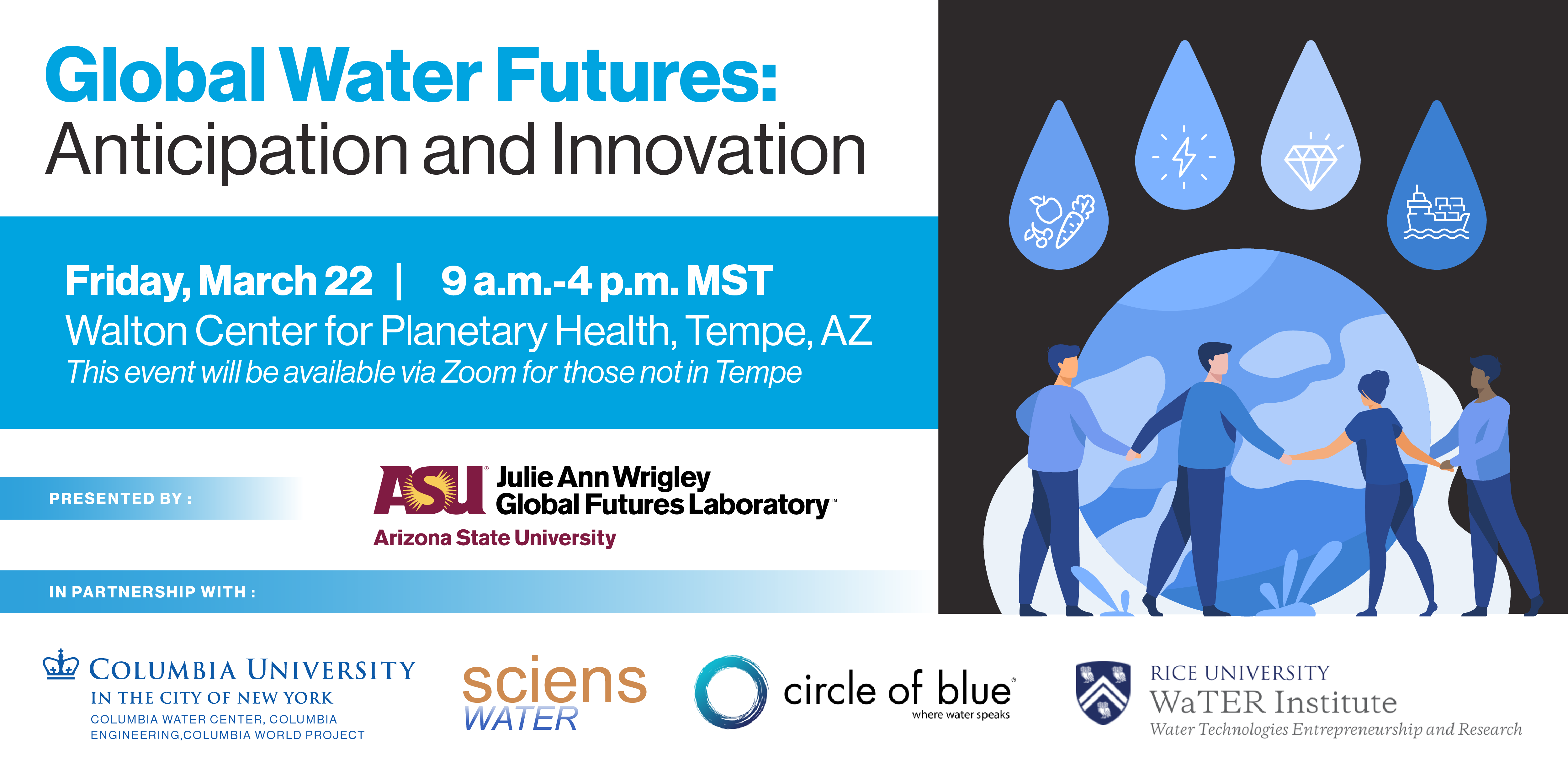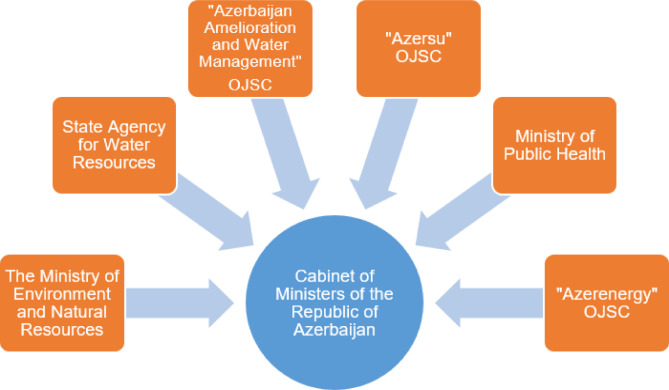Water is a fundamental element of life. It is integral to almost every process on Earth, from supporting the vast diversity of life, to driving climate systems, to being a crucial component in agriculture and daily human use. As the global population continues to grow, ensuring access to clean and abundant water for all has become a pressing challenge. Sustainable water management is pivotal in addressing this challenge. It encompasses a comprehensive approach to ensuring the availability and sustainable management of water and sanitation for all, directly reflecting the ambitions of Goal 6 of the Sustainable Development Goals (SDGs).
The SDGs, established by the United Nations in 2015, are a universal call to action to end poverty, protect the planet, and ensure prosperity for all by 2030. Goal 6, in particular, underscores the global need to prioritize water resources in policies and plans, emphasizing the importance of integrating holistic water management into broader strategies for sustainable development. But the relationship between water and the SDGs doesn’t stop with Goal 6.
Water intersects with several other goals as well. For instance, sustainable water management plays a role in achieving Goal 2 (Zero Hunger) as agriculture, which accounts for about 70% of global freshwater withdrawals, needs to adapt to the changing climate and growing demand without depleting water sources. Similarly, Goal 3 (Good Health and Well-being) is linked to water quality, as contaminated water leads to a host of diseases. Furthermore, the emphasis on clean water and sanitation can help to reduce the gender disparity in many regions, as women and girls often bear the disproportionate burden of collecting water, an issue highlighted in Goal 5 (Gender Equality).
Climate action (Goal 13) is also inextricably tied to water management, given the intensifying water-related challenges posed by global warming. Addressing the water crisis effectively is not only about securing water resources but also about creating ripple effects across various sectors and domains, ensuring sustainable and inclusive growth. Achieving optimal outcomes in sustainable water management requires collaborative approaches, harnessing the strengths of both public and private entities. Innovations in technology, financing mechanisms, and policy frameworks must be synchronized to address the intricacies of water challenges.
Leveraging indigenous knowledge, reinforcing local governance, and fostering community engagement can also enhance the efficiency and effectiveness of interventions. Sustainable water management is not only a standalone objective but a critical component interwoven throughout the tapestry of the SDGs. Addressing the multifaceted challenges of water sustainably is both an obligation and an opportunity to forge a more resilient, inclusive, and prosperous future.
The 2025 winners of the RELX Environmental Challenge, which supports innovative solutions to advance SDG 6 Clean water and sanitation, have been announced.
RELX Environmental Challenge 2025: four shortlisted projects to bring safe water and sanitation to communities around the world
The RELX Environmental Challenge 2025 shortlist features four innovative projects that provide sustainable access to safe water and improved sanitation. The RELX Environmental Challenge prioritises replicable, scalable, sustainable and innovative solutions. They must also have practical applicability and involve local communities and other key stakeholders.
World Water Day, held on March 22, is an annual United Nations Observance focusing on the importance of fresh water. The theme of this year’s observance is Glacier Preservation; glaciers are critical to life – their meltwater is essential for drinking water, agriculture, industry, clean energy production, and healthy ecosystems. To mark World Water Day 2025, Elsevier has curated a free special collection of journal articles and book chapters to raise awareness for this important topic, and to help advance #SDG6 research.
The 2024 winners of the RELX Environmental Challenge, which supports innovative solutions to advance SDG 6 Clean water and sanitation, have been announced.
Each year the RELX Environmental Challenge is awarded to projects that best demonstrate how they can provide sustainable access to safe water or sanitation. There is a $50,000 prize for the first place entry and a $25,000 prize for the second place entry. The winners also receive free access for one year to ScienceDirect, our Scientific, Technical & Medical business’ database of full text, scientific information. Projects must have clear practical applicability, address identified need and advance related issues such as health, education, or human rights.
Water is essential for life and producing food, energy, minerals, and industrial goods. As planetary populations grow and a changing climate triggers floods, droughts, and other environmental extremes, access to clean water sources becomes increasingly competitive. Inadequate infrastructures, poor resource allocation, and outdated ecological restoration principles compound an already prescient problem.
Water Conservation and Wastewater Treatment in BRICS Nations, Technologies, Challenges, Strategies and Policies, 2020, Pages 321-328
